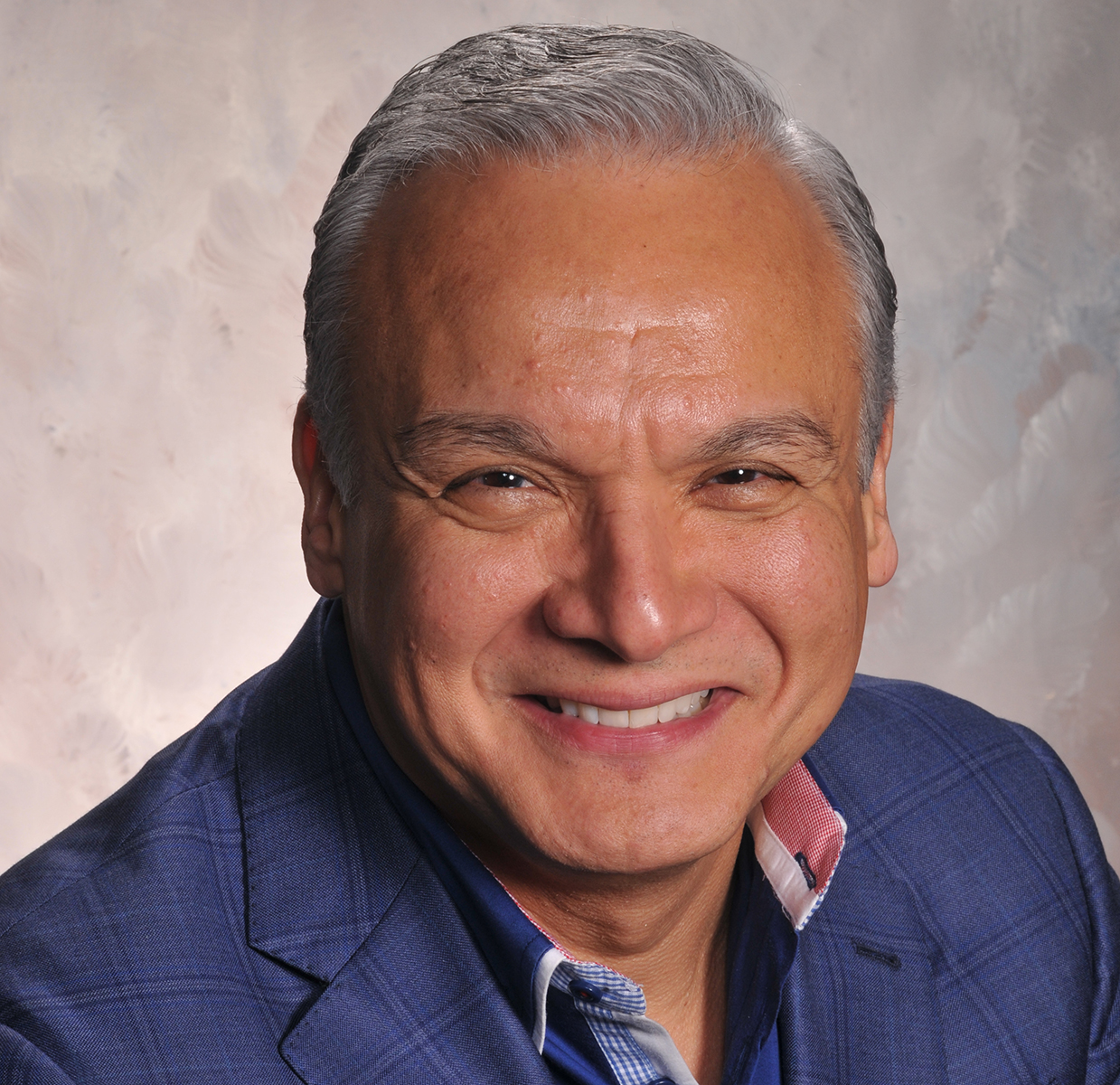
Dr. Victor Miranda says that he knows he’s made a good career decision when he feels like he’s stepped outside his comfort zone. He is currently the Chief Medical Officer at 3M in St. Paul, Minnesota, a long way from where he grew up in Puerto Rico. We sat down with him to learn about his journey from a cardiology post-doctorate to a Fortune 100 company and discovered how he sees the future of healthcare.
When did you first know you wanted to pursue a career in medicine?
When I was growing up, I saw the same pediatrician from infancy until I was 18. He was my mentor and a friend of the family. He taught me how to use a stethoscope by listening to the hearts of babies and children (this was in the pre-HIPPA era). He explained what sounds I was hearing and what they meant – it was a really cool way to be introduced to medicine. That interest took me to the University of Wisconsin in Madison to pursue course work in pre-med and to the Dominican Republic to study medicine.
How did your career journey develop after medical school?
Once I became a doctor and experienced the world of managed care, seeing 45 to 60 patients per day, I realized this wasn’t the holistic approach I wanted to pursue. I returned to academia as a professor teaching anatomy and physiology to pre-med and nursing students. I continued my career with a broad range of experiences from research to rehabilitation counseling to advancing education in the treatment for osteoporosis. I also continued my education as I changed careers – I got a master’s degree in psychology for rehabilitation counseling and later I earned an MBA. I also worked in the fields of ophthalmology, biotechnology and early concussion detection via work with the NFL.
I wasn’t looking for a new job, but when a former colleague shared my CV/resume with his recruiting firm and they reached out for chief medical officer at 3M, I was very interested. It built on all my previous experience with health economics, new product development and clinical studies. As I learned more about 3M and how I could help with advancing health care solutions, I knew it was the right challenge. Now, I am helping 3M develop a consolidated view of clinical trials and outcomes across the 3M Health Care business and showing how that can increase the value of our products and solutions.
How do you think the health care industry will change in the coming years?

Technology will have a big impact on health care and treating patients: ideally a centralized health file will allow us to carry a care card with us, like an ATM card. As we go to different providers, there will be one network, one system that intertwines our health information. Artificial intelligence and digital solutions will impact primary care and telemedicine will enable more options for remote care. I also think we will continue to find ways to use minimally invasive procedures and surgeries to help drive positive outcomes.
How is 3M positioned to play in the future of health care?
3M is already working hard in many markets, using an array of technologies to advance health and enable a better quality of life as we age. We created gripping material that can help people with arthritis open jars and our reflective signage and pavement marking allows for better visibility when we drive. Our adhesives are engineered to be gentle on skin and different versions are also designed to hold planes together in place of rivets. Our scientists work to combine multiple technologies and areas of expertise to create solutions for health care that reduce the risk of complications, whether it’s through sterilization assurance, patient warming, or surgical prep. We have software solutions to help deliver accurate health information and we work with medical device companies to help them use the right materials and get their devices to market. This company is poised to leverage our many technologies to create the highest-grade medical solutions on the market.
What gets you excited to come to work every day?
3M’s ability to help improve outcomes for patients and reduce complications following surgery is a big motivation. I’m excited about the integration of wound care solutions from KCI into our portfolio to create new solutions. It’s not just about bundling products together. We’re not selling flour and yeast and telling people to make bread. We have to show them how to put it together; we are teaching them how to bake. I like coming to work and solving new challenges – there’s never a dull moment.
